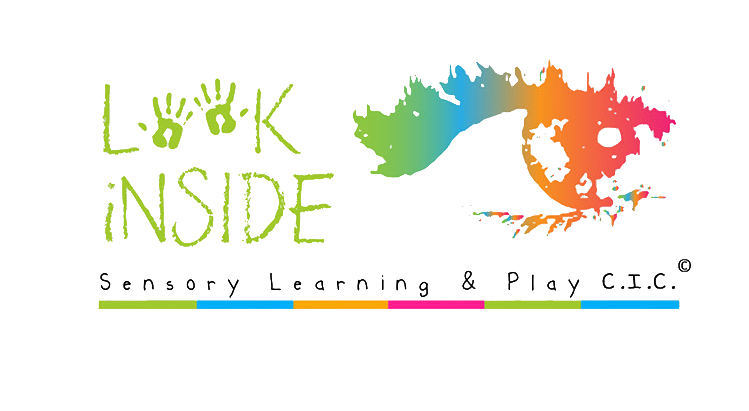The Importance of Sensory Play
Think about some of your favourite memories and you’ll probably find they are often associated with one or more of your senses.
Because we learn and retain information when using our senses.
Children use their senses to explore the world as soon as their born. That’s why we see babies and toddlers putting things in their mouths. As they’re trying to discover the taste and texture of different objects.
Not all children find it easy to understand the messages they receive from their senses. By using sensory play activities they can explore their senses in a safe environment.
Sensory play also has other benefits as it helps children develop a range of other essential skills:
Cognitive – Multi sensory play encourages children to make observations and predictions. It also helps with problem solving and decision making.
Speech and Language – Children talk and share ideas with each other as they play. A sensory pod or blankets thrown over a few chairs can encourage pretend play and fire the imagination through role play and stories.
Physical – Sensory play improves fine skills. These are small muscle movements needed for picking up toys or turning a page in a book. They can be developed by encouraging children to manipulate materials. For example:
Scooping, measuring and pouring water or sand
Squeezing play dough to strengthen the hands
Using scissors to improve hand/eye coordination
Social/Emotional – Playing together in a group for example around a sensory table can help develop a children’s confidence. While learning social skills such as turn taking and sharing as they play.

